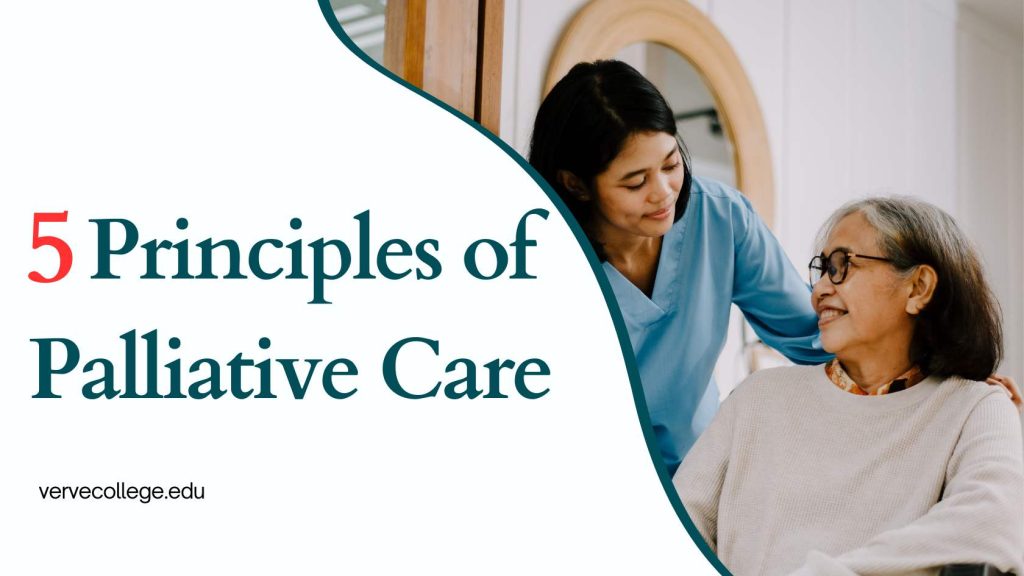- Oak Brook:(630) 705-9999
- Chicago:(312) 920-8822
- Email:inquiry@vervecollege.edu
- Make a Payment
- Home
- Programs
- Admission
- Resources
- ATI Entrance Exam Resources
- New E-Digital Library
- Refer a Friend
- School Newsletter
- Events
- Employers
- Job-Network
- Alpha Beta Kappa Candidates
- Verve College Library
- Graduation and Pinning Ceremony Photo Galleries
- Textbook Information
- Career Services
- Tutoring
- School Catalog
- FAQ
- Constitution Day Program
- Alumni
- Verve College Plans
- Financial Aid
- HEERF Reporting
- Satisfactory Academic Progress
- Apply For Financial Aid
- Net Price Calculator
- Return of Title IV Funds (R2T4)
- Financial Aid Office Code of Conduct
- Contact
- FAQs
- Verification Policy
- Vaccination Policy
- Student Right-to-Know Act
- Misrepresentation
- Information Security Program
- Academic Award Year
- Availability of Employee
- Cost of Attendance
- Health & Safety Exemption Requirement
- Students Rights and Responsibilities
- Leave of Absence
- Pell Formula
- Military Students
- Grants/ Scholarship Policy
- Contact Us
- Testimonials
- Blog
Is a Nursing Career Right For You?
Take The Free Quiz
5 Principles of Palliative Care
5 Principles of Palliative Care
Palliative care affirms life and views dying as a natural process. It is a holistic care goals of care that encompasses many aspects of medical care. Palliative care can provide mental, physical, and practical assistance anytime after a fatal illness. It aims to improve the quality of life for the clients in hospitals and their families. Making the person as comfortable as possible during their final days is essential. This can be a frightening process, but it is a way to support the patient and their household plan of care.
LPN nursing home jobs play an essential role in providing compassionate care to terminally ill patients, offering dignity and comfort during their final journeys in the nursing profession by professional studies provided in community college or in the variety of health care agencies.
5 Principles of Palliative Care Nursing
Palliative care requires a variety of beliefs as well as mindsets. Palliative care is more than just the hospital process done by nursing students. The combined and comprehensive care that a patient and their family receive is what we mean by holistic and integrated care.
Palliative care is based on the following principles:
1. A Considerate Mindset
In nursing education, the key is to show compassion, empathy, and sensitivity towards the individual and care for their suffering in all aspects, not just health issues. The fact that each person is different and has unique needs is crucial. It can affect the care plan needs of an individual.
2. Relief From Pain
Many health conditions are accompanied by physical pain at the end of life. Pain is not experienced by everyone who receives palliative support, despite it being a typical sign. Pain is multifaceted, and there is no single way to treat it. Pain relief must therefore include pain’s physical, mental, social, and contemplative dimensions. For those nearing the end of their lives, it is vital to continue managing pain and assessing its severity in a variety of health care settings & health care facilities.
3 .Care Excellence
Palliative health should provide the top nursing assistant, medical, and auxiliary professions that are appropriate and available. A plan will allow the professional nurses and careers to deliver constant health care, reducing medical situations. A plan will also help reduce the stress for both the patient and their family, as the patient’s wishes regarding unexpected situations are made known.
Related:- Difference Between Palliative Care and Hospice in Nursing
4.Communications
Discussing all aspects of palliative treatment with the patient and their family is essential. Communication is key between the various professionals involved in a patient’s care. It is also fundamental for many palliative medicine facets. The communication should continue with the patient and their family, educating them throughout the process. Open routes for interaction will also ensure that an individual’s wishes for their end-of-life are communicated to the family and that they are fulfilled when the time is right.
5.Patient and Family Support Network
The success or failure of palliative care at home or hospital often depends on the support and care the relatives provide. Families should prepare for death’s inevitable arrival and know what to expect. It is vital to ensure that the family has access to appropriate support by skilled nursing facility.
Where Can You Get Palliative Treatment?
The location of end-of-life care & goals of care depends on several factors, including the type of illness, the amount of support, personal care, mental health, assisted living & social care required, patient-centered care and the physical ability of the home to provide the care by clinical practices. Nursing schools near me offer nursing program & accelerated courses for acquiring LPN license & diploma in nursing to train practical nurses on how to care living with terminal illnesses in both hospices and in their own homes by healthcare professionals in clinical settings. However degree program in nursing (degrees in nursing) & licensing requirement help you to get the nursing license after successful completion of education courses to pursue a career in nursing & variety of settings.
Want to Make a Career in Nursing? Get More Information About Our Courses!
Wherever possible, palliative care for individuals is provided to the patient and their family. This can include:
- Home
- In hospital or long-term care facilities
- Nursing home care
- A hospice
These are the basic 5 principles of palliative care.
 Sign up
Sign up Login
Login




